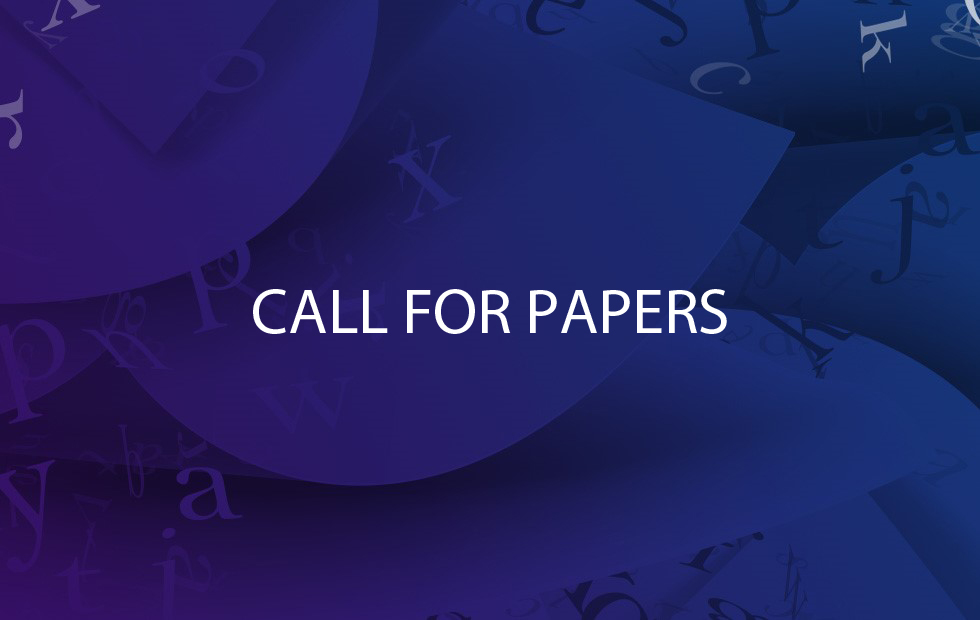Cadernos de Literatura Comparada, #53
(December 2025)
Caring for time: art and acceleration (or deceleration)
Eds. Ida Alves (UFF/ ILC) e Luis Quintais (UC)
Deadline: September 15th, 2025
A In recent times, contemporary art has employed different means and processes to painstakingly and critically interrogate one undeniable feature of the twentieth century and these first years of the twenty-first: the overexposure wrought by the pervasive everyday presence of photography, cinema and television, as well as, more recently, computer screens, smartphones and related electronic devices. The development of technology, producing ever faster modes of transport and even new ways and means of communicating and spreading information, has irrevocably changed the way people interact, especially city dwellers, and the way they understand space and time. Increasingly immersed in this excessive visuality and rapid pace of life, as commented by Paul Virilio (1993, 1994, 2010), George Didi-Huberman (2000) and Hartmut Rosa (2012), art can still offer experiences of resistance, like a kind of anti-venom, that can help render a technological, social and existential slowdown. By bringing the appreciator closer to aesthetic creation and drawing their attention to the interplay of details and other perceptions, the artistic gesture can interrupt the continuous flow of alienation (indifference to the world) or, at least, problematize it.
In an interview with Bjørn Schiermer, the sociologist Hartmut Rosa reflects on the temporal context in which we are all immersed. In one passage, he expounds on the precise point we are keen to discuss in this issue of Cadernos de Literatura Comparada, making a connection between experiences of time and existence:
The problem is that […] the process of incessant acceleration and growth, has begun to show its ugly flip side. Thus, on the collective level, it seems like we destroy the world we want to make available: […] On the individual level, there is the danger of the world going mute, deaf and silent for us subjects. When we look at cultural history, it has always been modernity’s great fear that the world we live in somehow dies for us; that it starts to seem disenchanted, cold, indifferent, maybe hostile, as Albert Camus realises; that we are deeply alienated from it.
In today’s world, where the relationships between people and the ways in which they inhabit space are also increasingly complicated, under the influence of economic interests, political conditions and online massification, then it is imperative that we foster more robust and wide-ranging reflections on a core idea capable of transforming these relationships. We might encapsulate this idea in the expression “taking care of the world”. This is a term that has echoed recently in various forums for discussion and creation, in close association with eco-critical thinking and a reflective approach borrowed from the first peoples, as advocated, for example, by the Brazilian environmental activists and thinkers Ailton Krenak (2019, 2020) and Davi Kopenawa Yanomami (2010, 2023). This is why this issue of Cadernos de Literatura Comparada features the idea of care, bearing in mind the perceptions of time in late modernity and the modes of existence in today’s world. Therefore, in their contributions related to “Caring for time: art and acceleration (or deceleration)”, contributors from different areas and creative fields are invited to take comparative perspectives on the following suggested topics:
• Art and figurations/refigurations of time;
• Coping with accelerated time in everyday life and the ways in which literature and other arts elucidate this problem and find ways to resist it;
• Caring for time based on our transformed relationship with nature and art;
• The need for slowness in engaging in the creative process and appreciating its fruits;
• Novel ways and means of slowing down life while inhabiting space/time in the aesthetic field and in different artistic languages;
• Burnout society and the dystopian discourse, or discourse of ruins, that is so evident, for example, in some contemporary prose and poetry;
• Modes of estrangement and mismatches stemming from a spatial experience radically altered by the speed of everyday life and the disposal of everything;
• Temporality, eco-criticism and acceleration (or deceleration).
Please submit manuscripts by e-mail to cadernosreviewdecember@gmail.com. The deadline for submissions is September 15, 2025.
All manuscripts must comply with the Cadernos de Literatura Comparada author guidelines, available at https://ilc-cadernos.com/index.php/cadernos/about/submissions.Manuscripts that do not observe these guidelines will not be considered for publication.
Previously unpublished manuscripts in Portuguese, English and French will be considered for publication.


